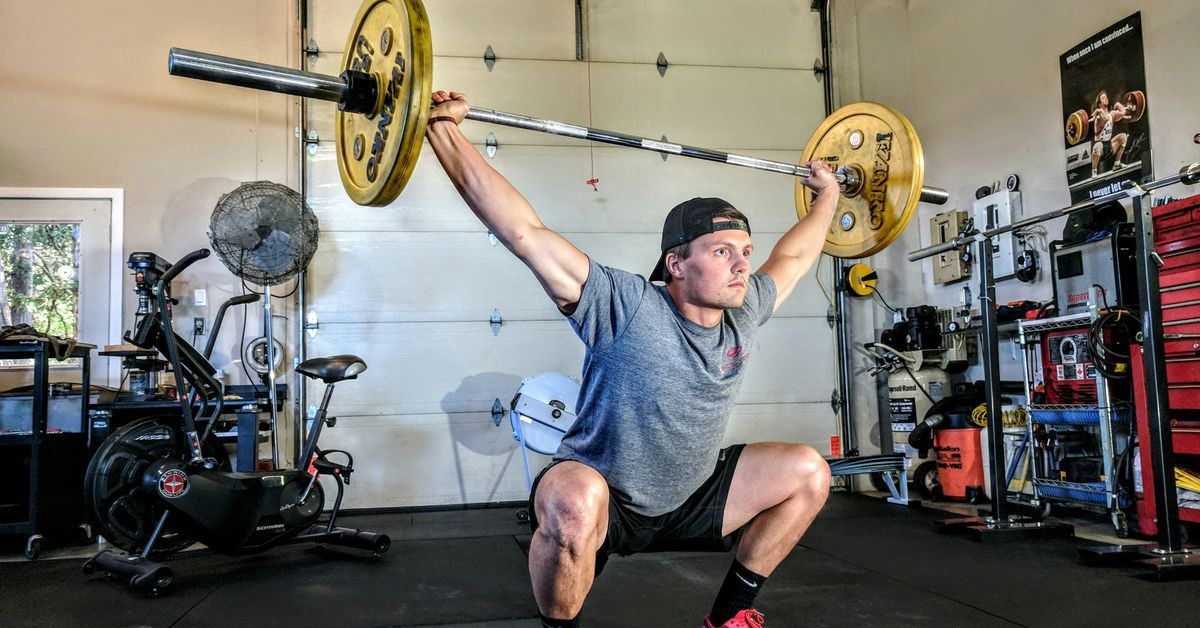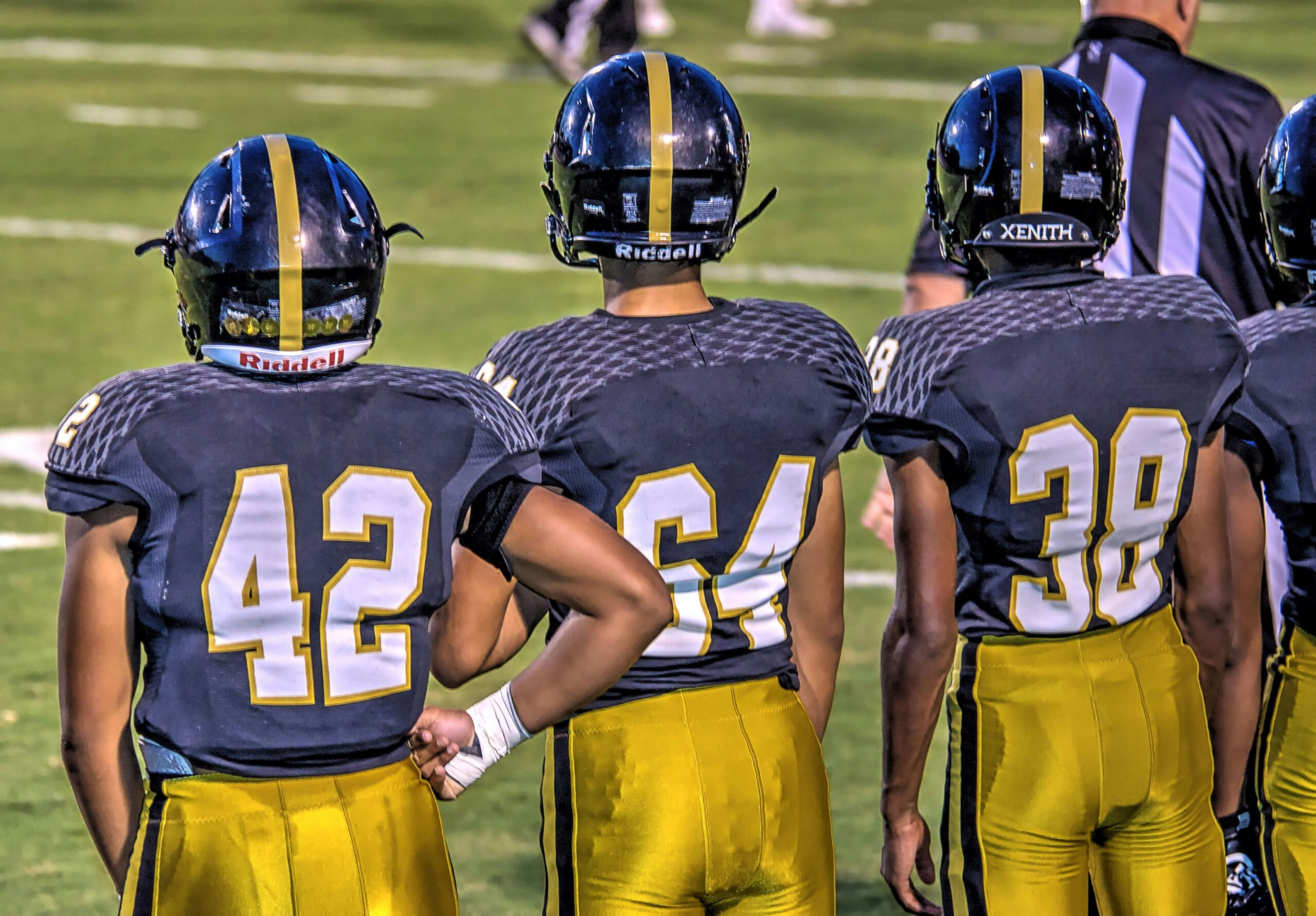The Surprising Role of Mental Resilience in Achieving Peak Performance
In the world of sports, we often hear about the physical attributes that contribute to an athlete’s success—speed, strength, agility. However, there’s a hidden player on this field that doesn’t get nearly enough attention: mental resilience. You might be wondering, “What’s the big deal about resilience?” Well, let me tell you, it’s the difference between winning and losing, between champions and also-rans. Think about it: how many times have we seen a seemingly unbeatable athlete crumble under pressure? It happens more often than one might think.
What is Mental Resilience?
Mental resilience can be defined as the ability to adapt to challenging situations, bounce back from adversity, and maintain focus in stressful environments. It’s not just about being tough; it’s about having a flexible mindset that allows for growth and adaptation. This quality is crucial for athletes who face not only the physical demands of their sport but also the mental hurdles that come with competition.
Picture a marathon runner who’s hit “the wall.” They’re exhausted, their legs feel like lead, and the finish line seems impossibly far away. Now, what separates those who push through from those who give up? Of course, physical training plays a significant role, but I’d argue that mental resilience is what truly gets them across that line. It’s a fascinating interplay of mind and body that can make or break performance.
The Science Behind Resilience
Researchers have delved deep into the psychology of resilience, and what they’ve found is remarkable. Studies suggest that resilience is not merely an innate trait; it can be developed and strengthened over time. For instance, a study published in the journal Psychological Science found that resilience can be cultivated through positive experiences, social support, and effective coping strategies.
One of the key aspects of resilience is the ability to reframe thoughts. For example, consider an athlete who has just lost a crucial game. Instead of spiraling into despair, they might reflect on what they learned from the experience, focusing on areas for improvement rather than dwelling on failure. This mindset allows them to grow and come back stronger, which is a hallmark of peak performance.
Real-World Examples of Mental Resilience
Let’s dive into some real-world examples that illustrate the power of mental resilience. Take the legendary Michael Jordan, for instance. Widely regarded as one of the greatest basketball players of all time, his journey to the top was not without setbacks. In 1993, he famously retired from basketball, only to return and lead the Chicago Bulls to three more championships. Jordan’s resilience was not just about his return to the court; it was about the mindset he maintained through adversity, whether it was personal struggles or on-court challenges.
Then there’s Serena Williams, who has faced her fair share of obstacles—injuries, health issues, and even personal loss. During her comeback from a serious health scare after giving birth, she showcased remarkable mental resilience. Williams often speaks about the importance of mental strength in her training, emphasizing that it’s as crucial as physical conditioning. It struck me that her ability to focus on her goals, despite the odds stacked against her, is a testament to her mental toughness.
Building Mental Resilience: Techniques and Strategies
So, how can athletes develop this vital quality? Here are a few strategies that can help:
- Mindfulness and Meditation: Engaging in mindfulness practices can help athletes stay present and focused, reducing anxiety and stress during competitions.
- Positive Self-Talk: Replacing negative thoughts with positive affirmations can significantly enhance an athlete’s confidence and performance.
- Setting Realistic Goals: Establishing achievable, incremental goals allows athletes to build confidence as they progress, reinforcing their mental resilience.
- Visualization Techniques: Imagining successful outcomes can prepare athletes mentally for competition, helping them manage pressure when it counts.
Adopting these techniques doesn’t require a complete overhaul of one’s routine. It’s often the small changes that yield significant results. I remember the first time I tried visualization before a big presentation. I felt like I was in my own little bubble, picturing success, and it made all the difference. Athletes can benefit from that same focus and clarity.
The Role of Coaches and Support Systems
Coaches play a critical role in fostering mental resilience in their athletes. A supportive coach can create an environment where athletes feel safe to explore their mental strengths and weaknesses. Encouragement goes a long way—think of it as a mental training session. Coaches who promote a growth mindset, rather than a fixed one, empower their athletes to view challenges as opportunities for development.
Moreover, the importance of a strong support system cannot be overstated. Whether it’s family, friends, or teammates, having a reliable network can bolster an athlete’s confidence and mental fortitude. In a recent interview, Olympic swimmer Katie Ledecky spoke about how her family’s unwavering support helped her through tough training periods. It’s a reminder that while the spotlight shines on individual athletes, the collective effort of those around them is equally vital to their success.
The Impact of Mental Resilience on Teams
It’s not just individual athletes who benefit from mental resilience; entire teams can thrive when they cultivate this quality. Consider the New Zealand rugby team, the All Blacks. Known for their mental toughness, they have a cultural emphasis on resilience and adaptability. Their famous “no dickheads” policy (yes, you read that right) ensures that only those who embody the team spirit and can handle pressure are included. This creates a cohesive unit that can tackle challenges head-on.
In team sports, the dynamics of mental resilience can often dictate the outcome of games. Teams that can rally together and support one another in high-pressure situations tend to perform better. I can’t help but recall watching a nail-biting soccer match where the underdog team, down by two goals, managed to rally back in the second half. Their mental resilience, coupled with a supportive crowd, turned the tide, and they won the game. It’s moments like these that showcase the extraordinary power of the human spirit.
Challenges to Building Resilience
Of course, building mental resilience isn’t without its challenges. The pressure to perform can be overwhelming, and not every athlete has access to the resources they need to cultivate this vital quality. Mental health issues in sports are increasingly being recognized, and it’s crucial for athletes to have access to psychological support. After all, resilience isn’t just about “toughing it out.” It’s about understanding oneself and seeking help when needed.
There’s a stigma surrounding mental health in sports that can deter athletes from addressing their struggles. I often think back to the time when I overheard a young athlete express concern about seeking help, fearing it would be perceived as weakness. It’s a misconception that needs to be tackled head-on. Just as we train our bodies, our minds require the same level of attention and care.
The Future of Mental Resilience in Sports
As we move forward, the conversation around mental resilience in sports is evolving. Athletes are becoming more vocal about their mental health, and there’s a growing recognition of its importance. Organizations are starting to implement mental health programs, and sports psychologists are increasingly being integrated into training regimens. It’s encouraging to see this shift, and it gives me hope that future generations of athletes will have the tools they need to build resilience.
Moreover, as we embrace technology, there are new tools available for athletes to enhance their mental resilience. Apps focused on mindfulness, meditation, and mental training are becoming commonplace. It’s a fascinating intersection of sports and technology, and I can’t help but be excited about the possibilities.
Conclusion: The Unsung Hero of Athletic Success
As we’ve explored, mental resilience is the unsung hero of peak performance in sports. It’s the invisible force that drives athletes to push through adversity, overcome challenges, and ultimately achieve greatness. The physical prowess of an athlete may catch the eye, but it’s the mental strength that often holds the key to success.
Next time you watch your favorite sport, take a moment to appreciate not just the physical feats on display but also the mental battles being fought behind the scenes. Whether it’s a last-minute shot in basketball, a penalty kick in soccer, or a sprint to the finish line, remember that mental resilience is the backbone of it all. It’s what allows athletes to rise above, to embrace the struggle, and to emerge victorious.
So, as we continue to celebrate the incredible achievements of athletes, let’s also give a nod to the mental resilience that fuels their journeys. After all, it’s a wild, beautiful ride—one that’s worth every heartbeat.




